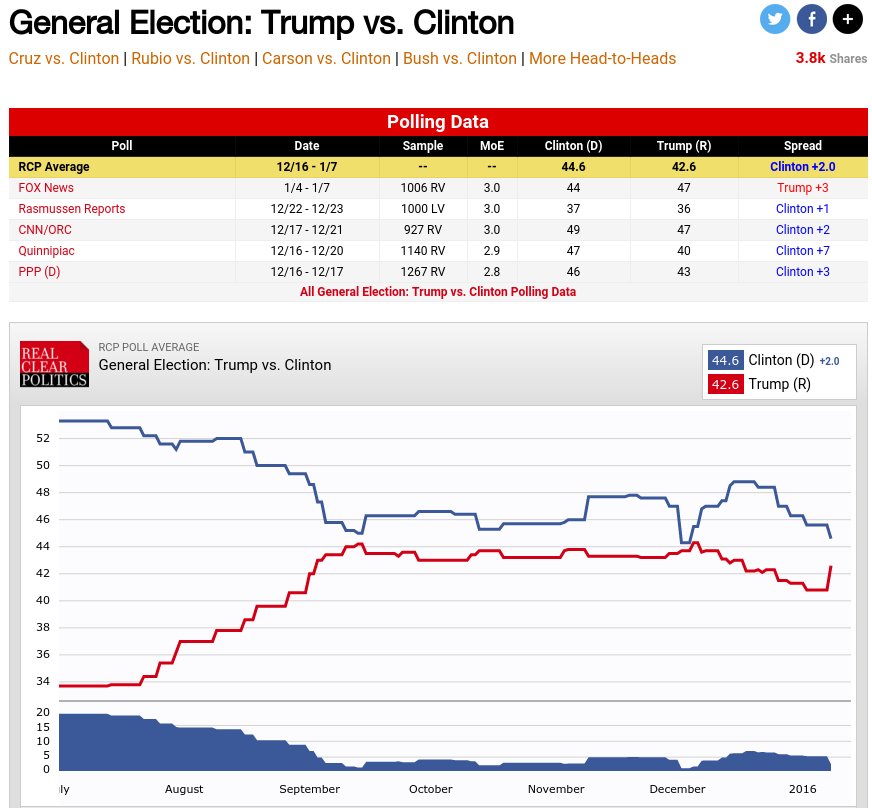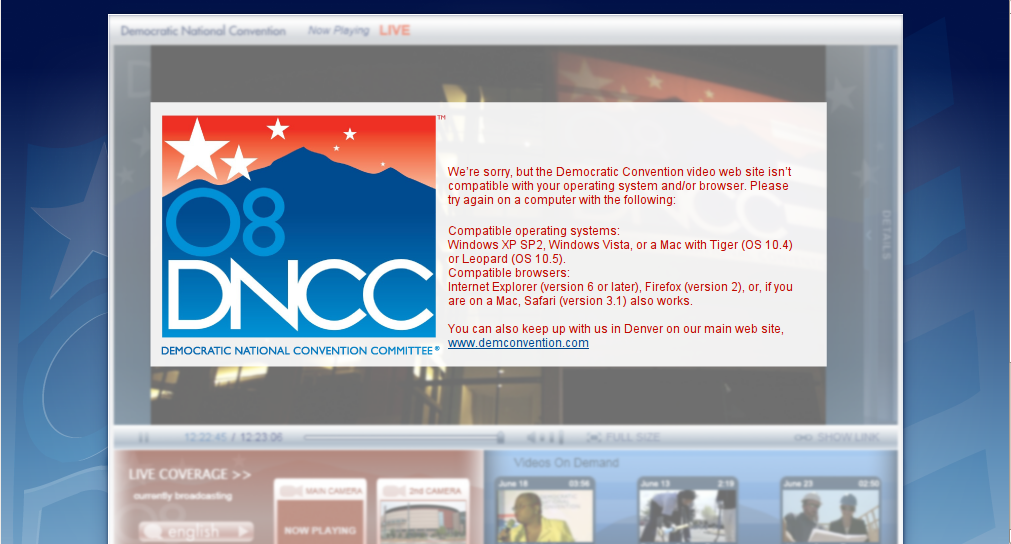Today, while driving to Milwaukee for a return flight to Dallas, Jodi and I heard on “Wait, Wait, Don’t Tell Me” about a bill in the California State Assembly aimed at creating a “No Cuss Week” in March [1]. The idea was inspired by the creation of a “No Cussing Club” in a California school [2]. Students joined the club under the belief that agreeing to reduce swearing would improve the quality of life, reduce crime (drugs) and bullying, and in general improve themselves.
There are two serious issues at work in the ideas behind the club and this bill. The first regards liberty, and the desire to curb speech to achieve a more “perfect” human behavior. The second is scientific, and regards the reasons we swear in the first place. I’ll comment on the scientific issues first, and then on the issues regarding liberty.
Why do we swear? A quick search on Google Scholar suggests that many (but not that many) scientists have asked and tried to answer this question. Some of the interesting articles were a study of women and why they swear [3], and a recent one on swearing and pain relief [4]. The study of women found that women tend to swear to express negative emotions; while swearing was connected to those emotions, in and of itself it was deemed to be uncorrelated with a lack of life satisfaction. The pain study found that release, via swearing, of the stress-pain associated with an event was better than when not swearing (e.g. having no other outlet).
The limited scientific data on swearing, its causes and effects, point to swearing as a means of expressing some other pain. Swearing is not a cause, but an effect. While there are socially acceptable and unacceptable conditions for swearing, swearing is not the root of any evils underlying the unacceptable conditions.
Clubs to root out swearing are voluntary organizations to which a person may choose to belong. Not joining has social consequences, as does joining, but ultimately it’s an individual’s choice. A state assembly creating a “No Cussing Week” for an entire state is not a club; it’s a step in the direction of state-mandated censorship. Many people don’t like swearing, but what about when a movement comes along that doesn’t like another kind of speech? Will the CA State Assembly be as willing to encourage getting rid of another kind of speech?
Fundamentally, this issue boils down to values – the value of liberty. Liberty is a thing that once taken away is difficult to restore. It may seem innocent to want to improve people’s speech, but improving speech means taking something away from that speech. It may begin with swearing, but it won’t end with swearing; it never does.
Appealing to a philosophical “better human” is also a very dangerous thing; humans are flawed creatures, and it is our flaws that make us strong and adaptable. There is no such thing as perfection, only adaptation. More to the point, every attempt made in history to appeal to an ideal human being has led to a (sometimes violent) curbing of liberty. Rather than philosophy, we should make decisions based on things as they are, not as we wish them to be. We need more science on swearing before we can say what it means, and trying to condemn it at the state level will only lead us in the wrong direction.
One last issue remains to be considered. If swearing is a symptom, what is the cause? The “No Cussing Clubs” purport to suppress swearing to root out bullying and drug use. But if the science suggests swearing is the effect, not the cause, then these clubs are mis-guided wastes of valuable time. Rather, what about clubs to discuss anger, stress, and other causes of swearing? What about state-level bills to attack poverty (the root of drug use and trade) and create economic opportunity, rather than to curb swearing?
Good decisions are based on sound principles. Swearing is a symptom. Fight the cause, whatever it might be. But silence the swearing, and you only serve the curbing of liberty.
[1] http://www.leginfo.ca.gov/pub/09-10/bill/asm/ab_0101-0150/acr_112_bill_20100225_amended_asm_v96.html
[3] “Why do women swear? An exploration of reasons for and perceived efficacy of swearing in Dutch female students.” Personality and Individual Differences Volume 38, Issue 7, May 2005, Pages 1669-1674
[4] http://www.keele.ac.uk/marketing/press/archive/2009/130709-swearing.htm




